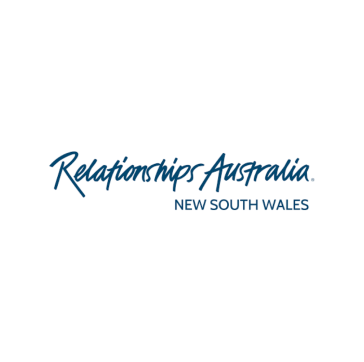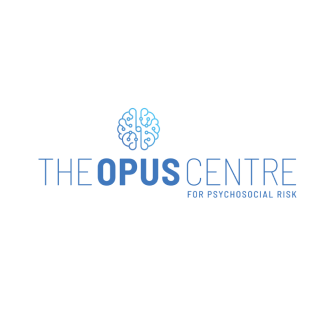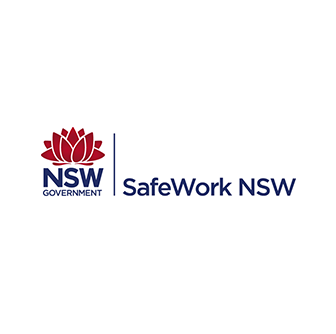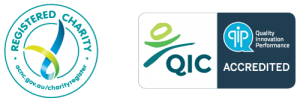We All Have a Role to Play
Imagine a workplace where every single voice matters. Where workplace health and wellbeing is not just "something people say", but a shared commitment that transcends job titles, prioritised throughout the organisation.


Dr Natalie Flatt
Ph.D , BSc. Post Grad Dip Psych. MPsych, BSc. Post Grad Dip Psych. MPsych
Dr. Natalie Flatt Ph.D. is a psychologist and Chief Innovation Officer for SuperFriend. She is also the co-founder of Connect Psych Services, an innovative platform which supports employees and leaders anytime, anywhere and provides actionable key insights to organisations as a preventive and proactive measure towards workplace mental health.
Natalie holds over 15 years of presentation experience across all industry types and lifespan. Natalie enjoys working closely with key decision makers to create wellness innovation within teams that is contemporary yet authentic. Natalie values a ‘how to approach’ to wellbeing supported by research evidence to lead to greater intrinsic motivation and behaviour change.

Peers and teammates have a unique proximity and understanding of each other's roles and challenges, enabling them to foster mutual empathy and support, thus building a positive wellbeing atmosphere.
Being on the "front lines," they can directly influence day-to-day behaviors and attitudes, which can discourage harmful practices and promote healthier ones.
Their shared experiences can make it easier for them to identify and empathize with struggles faced by peers, allowing for immediate support and companionship in seeking further assistance if needed.

Managers have the authority to shape team culture and practices in a way that promotes wellbeing and can advocate for resources or changes at higher organisational levels.
Managers are uniquely positioned to monitor team dynamics and individual performance, allowing them to spot potential issues early and take preventative measures.
They can provide direct support to those who are struggling, adjusting roles or work expectations, and connecting team members with organizational resources to help them navigate their challenges.

Organizations have the capability to institute structural changes, create policies, and offer programs that foster a supportive work environment for all employees.
By monitoring trends in employee satisfaction, performance, and wellbeing, organizations can identify and address systemic issues that might lead to harm.
Organizations have the resources to provide support in the form of accommodations, professional assistance, or other interventions, depending on the nature and severity of the harm.

Governments and service providers play a crucial role in creating positive and safe workplaces. By implementing targeted strategies, they can set the tone for workplace environments that prioritize well-being, inclusivity, and safety by:
- Developing Laws, Legislations, Regulations and Policies, as well as Enforcing these Consistantly.
- Supporting Wellbeing Initiatives and Campaigns.
- Mental Health Support: Offering a range of accessible mental health resources such as counselling services, conflict resolution programs, helplines, websites, and other informational resources.
- Whistleblower Protection: Enforcing laws that protect whistleblowers who report unethical or unsafe behavior within the organization. Ensuring that reporting individuals are safeguarded from retaliation.
- Research: Investing in research that explores workplace trends, challenges, and best practices. Utilizing the data advocates for policies and legislation that promote positive, safe, and inclusive workplaces on a broader scale.
 General Employees / Peers
General Employees / Peers

Building positive wellbeing
A workplace where Peers and teammates have a unique proximity and understanding of each other's roles and challenges, enabling them to foster mutual empathy and support, thus building an atmosphere of positive wellbeing.
Preventing possible harms
Being on the "front lines," they can directly influence the day-to-day behaviours and attitudes of their peers, discourage harmful practices and promote healthier ones. It takes the individual to stand up, to see an organisation's culture change.
Addressing existing harms
Because individuals often go through similar experiences while at work as their peers, it can make it easier for them to identify and empathize with colleagues. This allows that individual to provide a level of peer support and companionship that not many other people can give.
 Managers and Leaders
Managers and Leaders

Building positive wellbeing
Managers, due to their leadership role, have the authority to shape team culture and practices in a way that promotes wellbeing and can advocate for resources or changes at higher organisational levels.
Preventing possible harms
Managers are uniquely positioned to monitor team dynamics and individual performance, allowing them to spot potential issues early and take preventative measures.
Addressing existing harms
Managers can provide direct support to those who are struggling, adjusting roles or work expectations, and connecting team members with organizational resources to help them navigate their challenges.
 The Organisation / Employer
The Organisation / Employer

Building positive wellbeing
Organisations have the capability to institute structural changes, create policies, and offer programs that foster a supportive work environment for all employees.
Preventing possible harms
By monitoring trends in employee satisfaction, performance, and wellbeing, organisations can identify and address systemic issues that might lead to harm.
Addressing existing harms
Organisations often have the resources to provide support in the form of accommodations, professional assistance, direction to external support or other interventions, depending on the nature and severity of the harm.
 Government and External support
Government and External support

The role of Government
Governments and service providers play a crucial role in creating positive and safe workplaces. By implementing targeted strategies, they can set the tone for workplace environments that prioritize well-being, inclusivity, and safety by:
- Developing Laws, Legislations, Regulations and Policies, as well as Enforcing these consistently.
- Supporting Wellbeing Initiatives and Campaigns.
- Mental Health Support: Offering a range of accessible mental health resources such as counselling services, conflict resolution programs, helplines, websites, and other informational resources.
- Whistleblower Protection: Enforcing laws that protect whistleblowers who report unethical or unsafe behavior within the organization. Ensuring that reporting individuals are safeguarded from retaliation.
- Research: Investing in research that explores workplace trends, challenges, and best practices. Utilizing the data advocates for policies and legislation that promote positive, safe, and inclusive workplaces on a broader scale.
If in doubt, seek support:
Here2Talk is a free over the phone service where you can get confidential support from experienced peer workers to manage feelings of stress, anxiety and burnout that are impacting your work and everyday life.

We All Have a Role to Play
3 October
Interpersonal Relationships
10 October
Overwork and Underwork
17 October
Life Transitions
24 October
An Evolution in Work, Health, & Safety
31 October
Endorsing Partners


Proudly supported by


